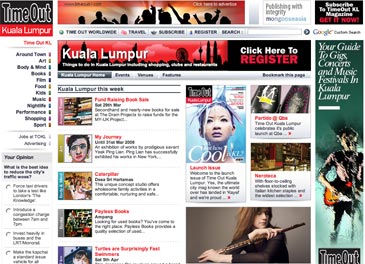Opening the Global Editors Network summit today, the chief executive for Hong Kong Donald Tsang called on the international media to make the most of its rich technology and business sector, but added he did not envy the job of news organisations as they “find new ways to make their business work”.
In his keynote speech Tsang shared some interesting statistics on Hong Kong’s media, which he said has 50 daily newspapers and at least 100 international media outlets based in the region, in which he said news and information “flows rapidly and freely”.
He also told the conference that Hong Kong has a 201 per cent mobile phone penetration, with many citizens having more than one phone, setting an interesting scene for mobile discussions scheduled to take place later today.
He closed by speaking about the challenges facing the industry, adding that while “information technology was meant to make life easier” it appears that “life gets busier and busier” for both the media and government.
Referring to a law passed earlier this year to establish a communications authority, he said one of its first tasks “will be to review and rationalise our laws on broadcasting and telecommunications” and address “cross media ownership and foreign ownership restrictions”.
I hope that responding to changes and advances … we’ll be able to foster development of the sector.
I hope this will also encourage innovation and investment. As I said earlier the free flow of news and information is of strategic importance to us. We very much welcome more international media to take advantage of what we have to offer in Hong Kong.
… News organisations need to find ways to make their businesses work … We no longer live in 24/7 environment, now it is measured in minutes or seconds and this must create enormous pressures. I don’t envy your jobs.
